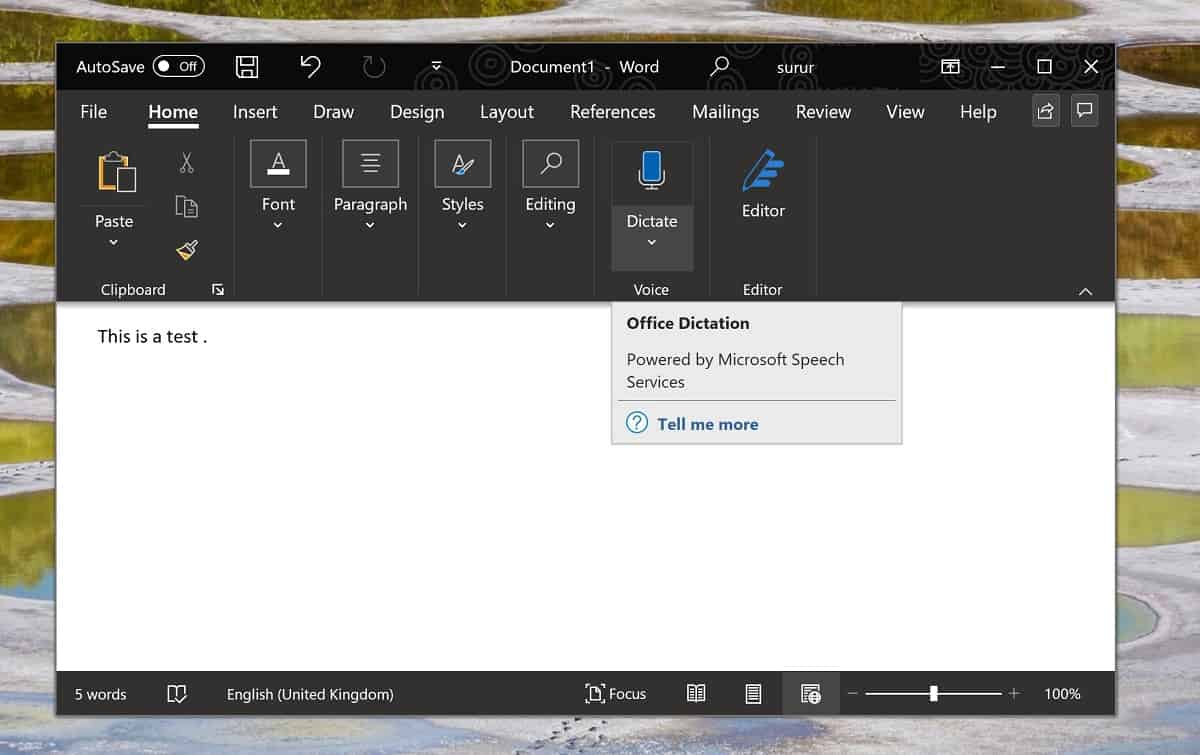


Respiratory and throat secretions (often spread through kissing, coughing, or sharing drinking glasses, eating utensils, or such personal items as toothbrushes, lipstick, or cigarettes)įor example, people sharing a household, at a day care center, or in a classroom with an infected person can become infected. College students living in dormitories-in particular, college freshmen-have a higher risk of contracting meningococcal meningitis than college students overall. Children who have not been given routine vaccines are at increased risk of developing certain types of bacterial meningitis.īecause the disease can occur suddenly and progress rapidly, anyone who is suspected of having meningitis should immediately contact a doctor or go to the hospital.Some forms of bacterial meningitis are contagious and can be spread through contact with: Who is more likely to get meningitis?Īnyone-from infants to older adults-can get meningitis. People with weakened immune systems, including those persons with HIV or those taking immunosuppressant drugs, are at increased risk. Important signs to watch for in an infant include fever, lethargy, not waking for feedings, vomiting, body stiffness, unexplained/unusual irritability, and a full or bulging fontanel (the soft spot on the top of the head).

Meningitis often appears with flu-like symptoms that develop over one to two days. Distinctive rashes are typically seen in some forms of the disease. Meningococcal meningitis may be associated with kidney and adrenal gland failure and shock.


 0 kommentar(er)
0 kommentar(er)
